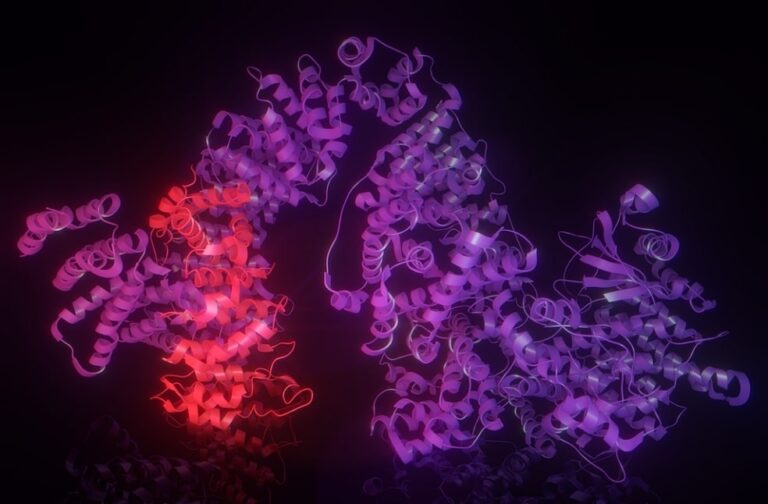United Kingdm: A group of world-leading experts has warned that the next generation of advanced genetic therapies raises serious medical and ethical issues that must be addressed to ensure the game-changing technology benefits patients and society.
Medicines based on powerful gene editing tools will begin to transform the treatment of blood disorders, conditions affecting the heart, eyes, and muscles, and potentially even neurodegenerative diseases before the end of the decade. However, the cost will put them out of the reach of many patients.
According to researchers, trials of gene editing in embryos will probably follow, and while the procedure has limited clinical applications, some fear fertility clinics could embrace the technology and offer gene editing services that fuel “a new kind of techno-eugenics.”
Speaking ahead of the Third International Summit on Human Genome Editing, Professor Jennifer Doudna, who shared the 2020 Nobel chemistry prize for gene editing, commented that “we will definitely be seeing genomic therapies for heart disease, neurodegenerative diseases, eye conditions, and more, and possibly some preventative therapies as well.”

Ms. Doudna added that “one of the biggest and most realistic risks is that the people who could benefit most won’t be able to access or afford them.”
Professor Françoise Baylis, a philosopher at Dalhousie University in Canada, stated that the cost of the new therapies will be prohibitively high for much of the global population, a situation that could “seriously threaten” the aspiration for all humans to be born equal.
Professor Alta Charo, a bioethicist at the University of Wisconsin–Madison, suspects most people will stick with having babies the old-fashioned way.
“The biggest risk I see at the moment is that discussion around germline editing will continue to present such dystopian visions as realistic. IVF is uncomfortable, inconvenient, and expensive. I don’t see people abandoning conception through the more pleasurable means of sexual intercourse unless there is a real need.” Professor Charo added



